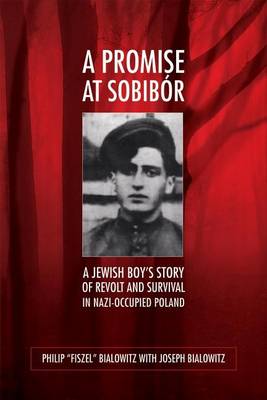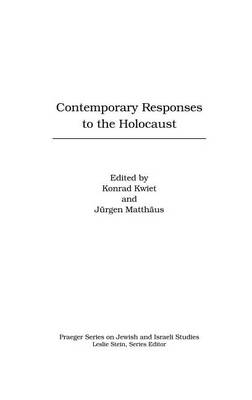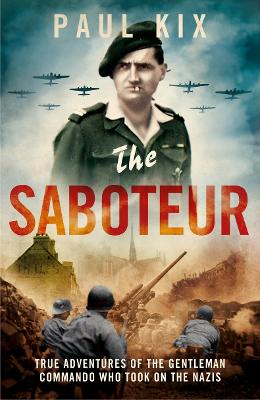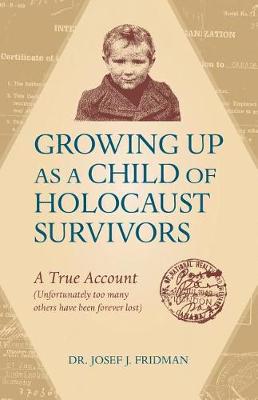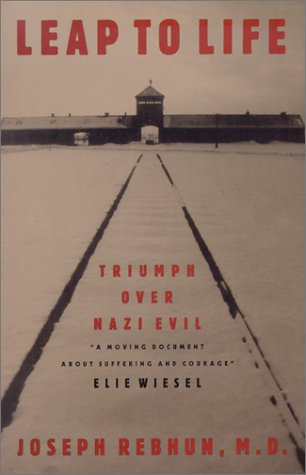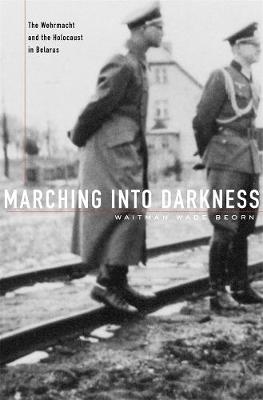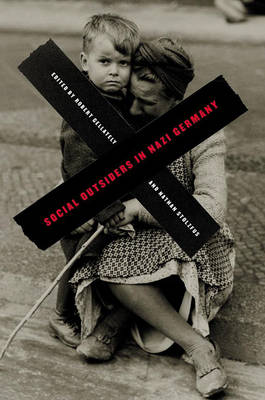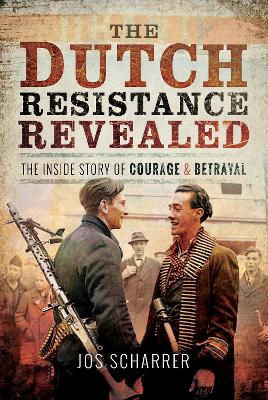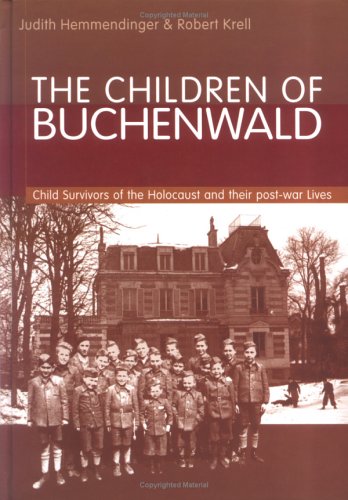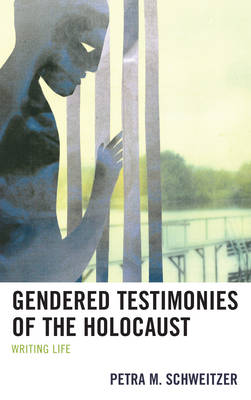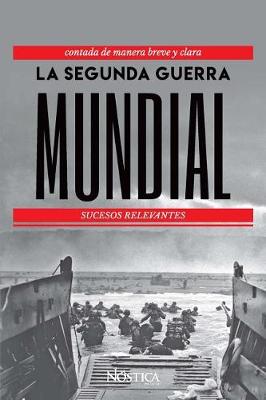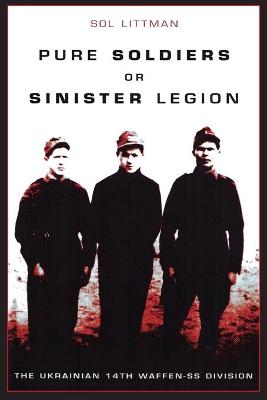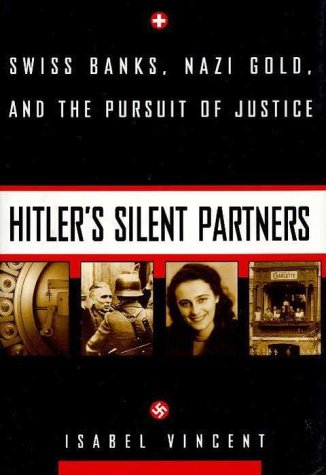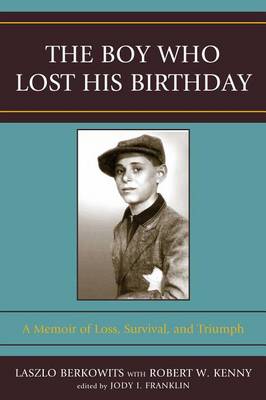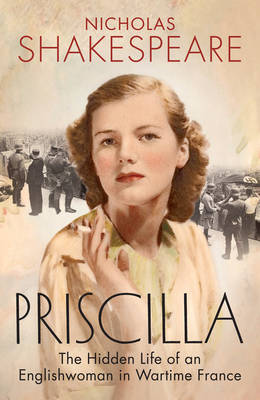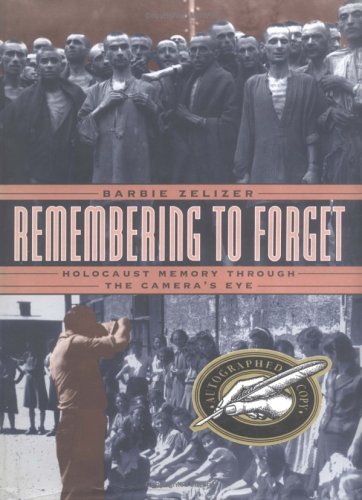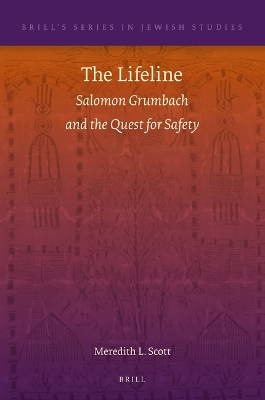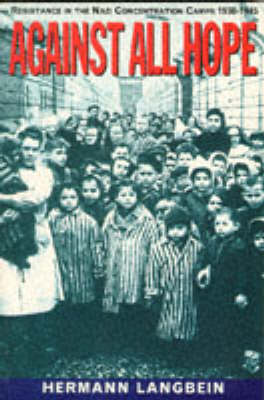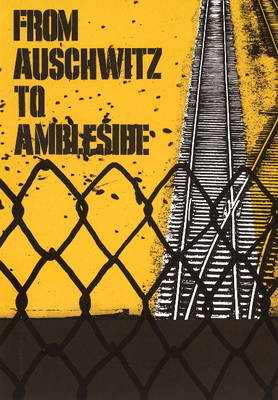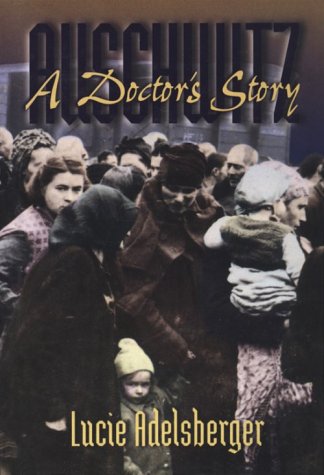An eyewitness account of the prisoner revolt at a Nazi extermination camp, and the life of a teenaged boy who survived to tell the story. A Promise at Sobibor is the story of Fiszel Bialowitz, a teenaged Polish Jew who escaped the Nazi gas chambers. Between April 1942 and October 1943, about 250,000 Jews from European countries and the Soviet Union were sent to the Nazi death camp at Sobibor in occupied Poland. Sobibor was not a transit camp or work camp: its sole purpose was efficient mass murd...
In the tradition of `Agent Zigzag' comes a breathtaking biography of WWII's `Scarlet Pimpernel' as fast-paced and emotionally intuitive as the best spy thrillers. This celebrates unsung hero Robert de La Rochefoucauld, an aristocrat turned anti-Nazi saboteur, and his exploits as a British Special Operations Executive-trained resistant A scion of one of the oldest families in France, Robert de La Rochefoucauld was raised in a magnificent chateau and educated in E...
The Warsaw Diary of Adam Czerniakow (Published in association with the United States Holocaust Memorial Museum)
by Adam Czerniakow
The Nazi-sponsored mayor of the Warsaw Ghetto illuminates his dealings with German authorities and testifies to the agonies suffered by the Ghetto's half-million Jews.
On October 10, 1941, the entire Jewish population of the Belarusian village of Krucha was rounded up and shot. While Nazi death squads routinely carried out mass executions on the Eastern Front, this particular atrocity was not the work of the SS but was committed by a regular German army unit acting on its own initiative. Marching into Darkness is a bone-chilling expose of the ordinary footsoldiers who participated in the Final Solution on a daily basis.Although scholars have exploded the myth...
Social Outsiders in Nazi Germany
When Hitler assumed power in 1933, he and other Nazis had firm ideas on what they called a racially pure "community of the people." They quickly took steps against those whom they wanted to isolate, deport, or destroy. In these essays informed by the latest research, leading scholars offer rich histories of the people branded as "social outsiders" in Nazi Germany: Communists, Jews, "Gypsies," foreign workers, prostitutes, criminals, homosexuals, and the homeless, unemployed, and chronically ill....
The Dutch resistance movement during the Nazi occupation was bedevilled by treachery, betrayal and poor organization and support from London. Despite these serious problems, the brave men and women of the Dutch resistance who refused to accept domination by their brutal oppressors, made a significant contribution to the war effort albeit at a terrible cost. Their contribution which included escape routes for Allied aircrew and acts of sabotage has been largely over-looked. While the author focu...
Speaking the Unspeakable in Postwar Germany (Signale: Modern German Letters, Cultures, and Thought)
by Sonja Boos
Speaking the Unspeakable in Postwar Germany is an interdisciplinary study of a diverse set of public speeches given by major literary and cultural figures in the 1950s and 1960s. Through close readings of canonical speeches by Hannah Arendt, Theodor W. Adorno, Ingeborg Bachmann, Martin Buber, Paul Celan, Uwe Johnson, Peter Szondi, and Peter Weiss, Sonja Boos demonstrates that these speakers both facilitated and subverted the construction of a public discourse about the Holocaust in postwar West...
Gendered Testimonies of the Holocaust: Writing Life begins with the premise that writing proves virtually synonymous with survival, bearing the traces of life and of death carried within those who survived the atrocities of the Nazis. In reading specific testimonies by survivor-writers Paul Celan, Charlotte Delbo, Olga Lengyel, Gisella Perl, and Dan Pagis, this text seeks to answer the question: How was it possible for these survivors to write about human destruction, if death is such an intimat...
Pure Soldiers Or Sinister Legion -The Ukrainian 14th Waffen-SS Division
by Sol Littman
Award-winning journalist Isabel Vincent unravels the labyrinthine story behind the headlines by taking us through the life of survivor Renée Appel, who found refuge in Canada. With her, we come to understand what it means to wait for justice: how, on the eve of war, desperate men and women entrusted their life savings to Swiss banks; how Nazis laundered gold looted from Jewish families; how the demands of international business, Swiss bank secrecy, and greed kept the truth hidden for over half a...
The astonishing true story of a young woman's adventures, and misadventures, in the dangerous world of Nazi-occupied France.'A most strange and compelling book driven by the writer's unsparing search for truth: now an optimistic hunt for a family heroine, now a study in female wiles of survival, now a portrait of one very ordinary person's frailty in the face of terrible odds.' John le Carré When Nicholas Shakespeare stumbled across a box of documents belonging to his late aunt he was completely...
There is no more gruesome and tragic record in the history of the 20th century than the photographs taken at the liberation of the concentration camps in Germany after World War II. These images are seared into our collective memory as brutal evidence of the atrocity of war and the evil of which humanity is capable. But the horrific content of these images has somewhat obscured their status as historical documents. This text reveals the unique significance of the concentration camp photographs -...
The Lifeline: Salomon Grumbach and the Quest for Safety (Brill's Jewish Studies)
by Meredith L Scott
During the first months of World War II, nearly one thousand refugees and asylum seekers held in French internment camps sought the help of one man: Salomon Grumbach. Meredith Scott's The Lifeline is a ground-breaking study of Grumbach, an Alsatian Jew, journalist, and socialist politician who became one of Europe's most important interwar refugee advocates. Focusing on his remarkable life in Germany and France, it uncovers the identities that drove his international crusades for democracy and h...
In this major and comprehensive work, hailed by Le Monde as a "monumental study, " Hermann Langbein shatters the myth that all prisoners of concentration camps during World War II passively let themselves be slaughtered. A prisoner himself and one of the leaders of resistance at Auschwitz, Langbein painstakingly documents the detailed account of the history of the camps and the story of resistance. Spanning the initial years to the chaotic weeks before liberation, Against All Hope is the first s...
A taut, terse Holocaust narrative that is all the more powerful for its ironic reserve. -- Kirkus Reviews
